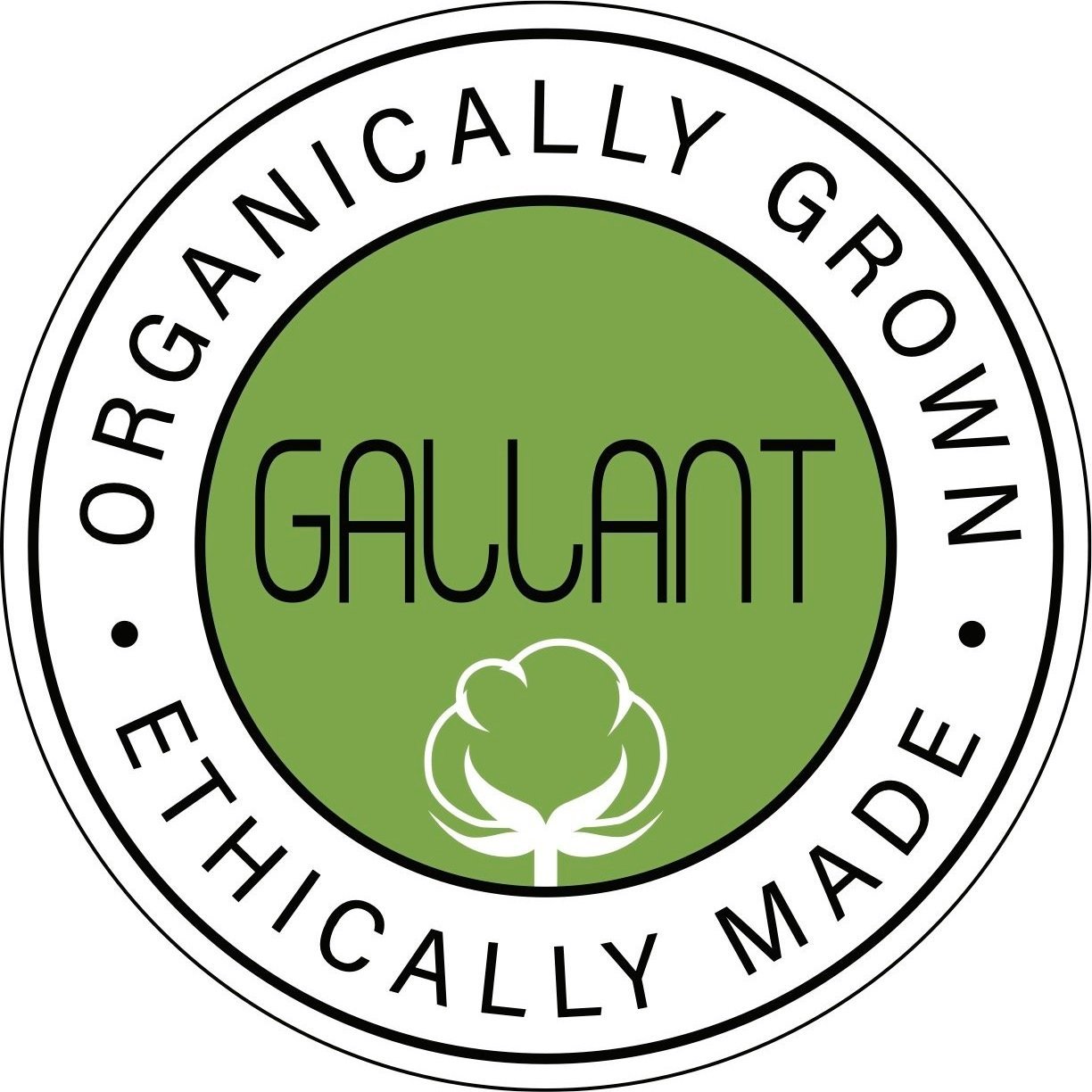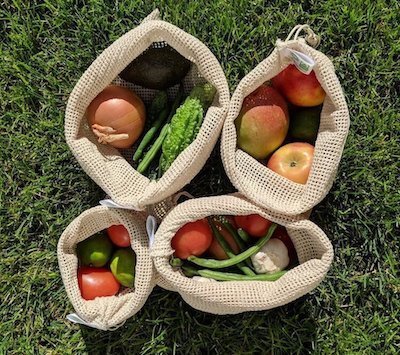5 Things You Can Do To Reduce Waste at The Grocery Store
Do you know what can you do to reduce waste the next time you are out shopping? We have compiled 5 steps to reducing waste at the grocery store below.
According to the Environmental Protection Agency (EPA), “Together, food and packaging/containers account for almost 45% of the materials landfilled in the United States, and some of these discarded materials are food-related packaging and containers.” Excessive packaging creates waste that can easily be avoided.
Shopping, especially grocery shopping is without a doubt overwhelming. It takes a lot of planning- walking through aisles and aisles of food and produce and finding a good deal with the longest “best-by-date” can be tiresome. The moment you step into a grocery store, there are so many options that you’re bound to run into a dilemma. We are pushed to purchase “this and that” with deals and sales. These are only the problems of regular shoppers, someone who is trying to be conscious of the waste they create can have even bigger problems.
Took a Look at the Trash You Create
“Tracking the waste you’re creating is the first step toward reducing it,” says the Sierra Club. For example, your paper lists, twist ties, bread tags, plastic bags, plastic stickers are most likely to end up in the trash, so try to avoid these things first. Most grocery stores have their own bakery, so take your reusable cloth bread bags to buy bread from the bakery. Use your phone to create a digital shopping list. Try using reusable organic cotton produce bags for bulk nuts and smaller items, mesh produce bags for fruits and vegetables, and tote bags for other larger items.
Shop Smartly
Once at the store, avoid buying unnecessary food or over buying what you need. Some food may not have a long shelf life, so you need to consider when you will be consuming it. Maybe you can split that two gallons of milk you bought at Costco with your roommate or a neighbor.
Buy in Bulk
Your local grocery store may have a bulk section and will most likely allow you to bring your own containers or reusable bags to fill up the items. When you buy in bulk you will avoid purchasing products with excessive packaging, hence creating less waste. You can simply do a Google search or even call your local grocery store to find out if they have a bulk section. Bulk bins also allow you to buy any quantity of an item, which is great for those who may need a very small or large amount. Litterless is an online platform where you can find, “… a list of stores throughout the country that will allow you to purchase unpackaged staples in your own containers. You can use this list to help you find bulk goods while traveling, or if you're just starting your transition to a zero waste lifestyle.”
Be Aware of Dates
Learn the difference between sell by, best by and use by and expiration dates. Here are the differences according to the USDA:
"Best if Used By/Before" date indicates when a product will be of best flavor or quality. It is not a purchase or safety date.
"Sell-By" date tells the store how long to display the product for sale for inventory management. It is not a safety date.
“Use-By" date is the last date recommended for the use of the product while at peak quality. It is not a safety date except for when used on infant formula.
Most Importantly Plan Smartly
Before you head to the grocery store, look into your fridge and the pantry carefully. Take your time and question yourself. Will the food you already have be enough for the week? Half of the week? Maybe those tomatoes will be sufficient for a few days. If you shop weekly, plan your meals in advance and think about what you will be needing at the store. Challenge yourself to do a pantry or fridge “clean out” and eat what you already have before purchasing anything new.
Mesh bags can be used on fruits and vegetables.
What do you do to reduce your waste?

